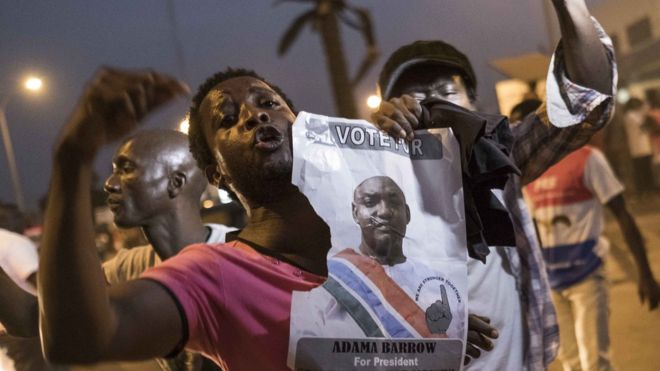 The founder and presiding Bishop of the megachurch, Living Faith Church Worldwide International, AKA Winners Chapel, Bishop David Oyedepo has invoked God’s curses on those fueling Southern Kaduna killings, saying God should break up Nigeria now if it is His will.
The founder and presiding Bishop of the megachurch, Living Faith Church Worldwide International, AKA Winners Chapel, Bishop David Oyedepo has invoked God’s curses on those fueling Southern Kaduna killings, saying God should break up Nigeria now if it is His will.The Bishop who, during a ministration and while raining down curses on those promoting the wanton killings, equally said that God sent him to this continent as His apostle of liberation to stop it from decadence. “God sent me as His apostle of liberation to this continent to stop it from decadence.” “I heard from God and He has proved it beyond measure. Therefore, every occultic root, every political root of this uprising is cursed today!” The congregation shouted “Amen!”




























